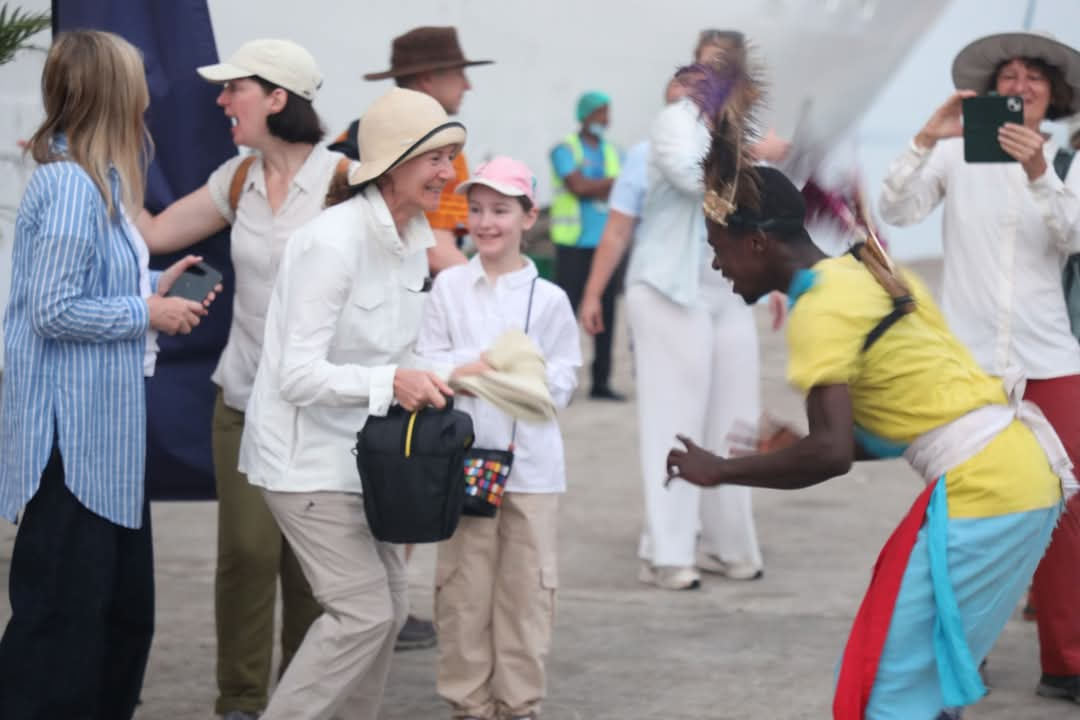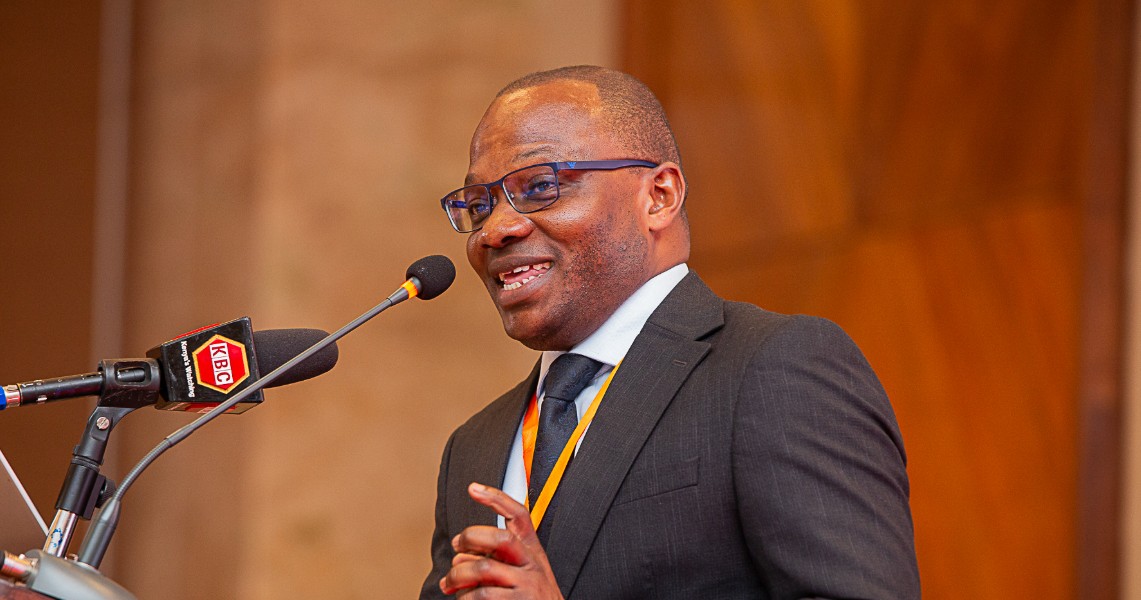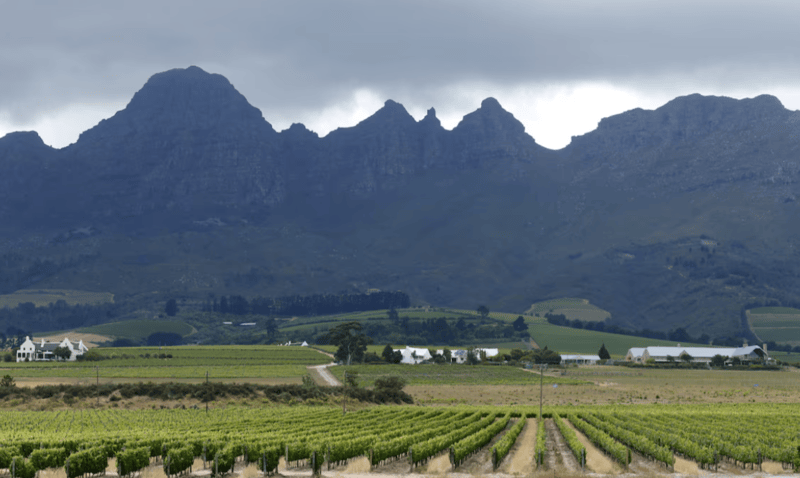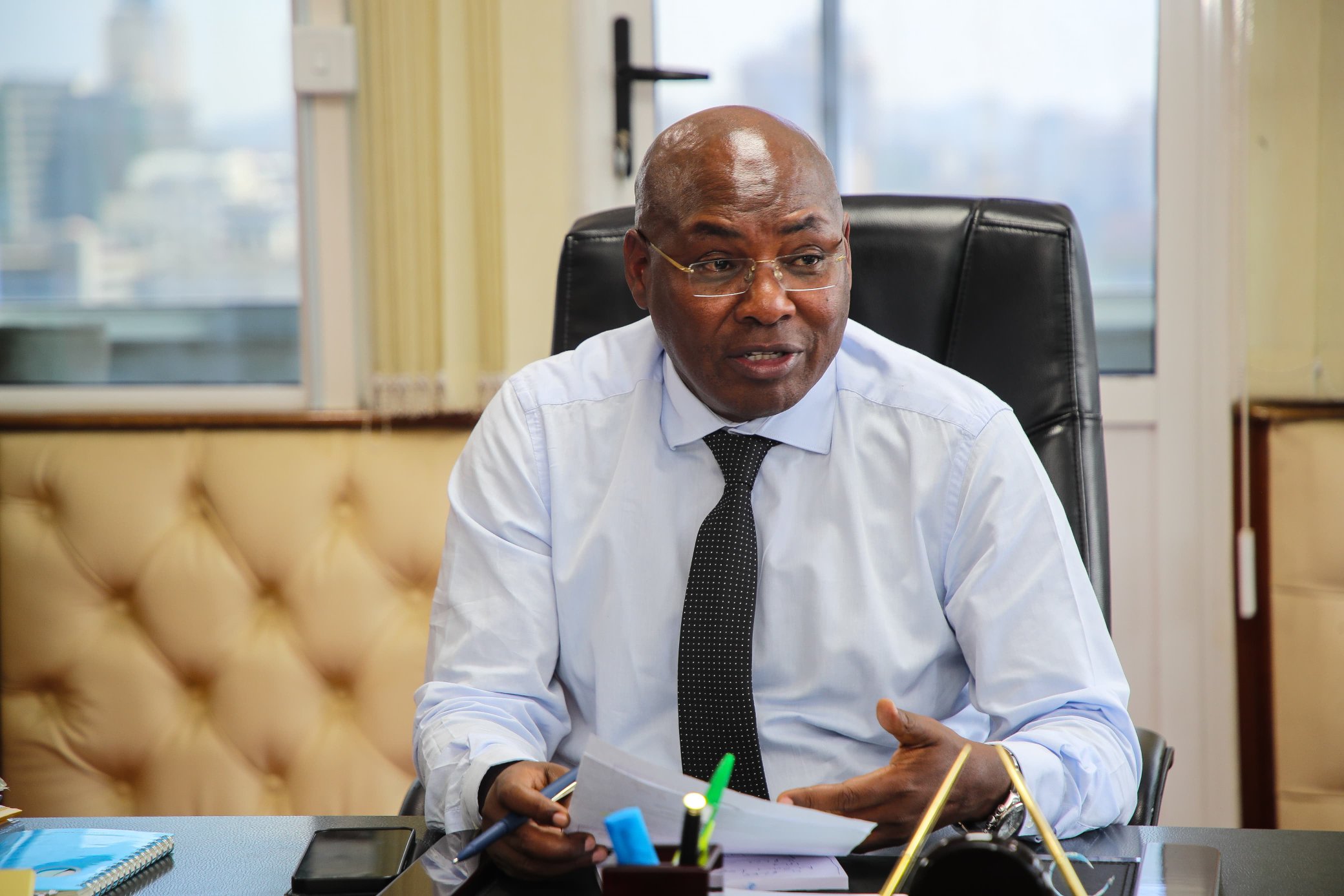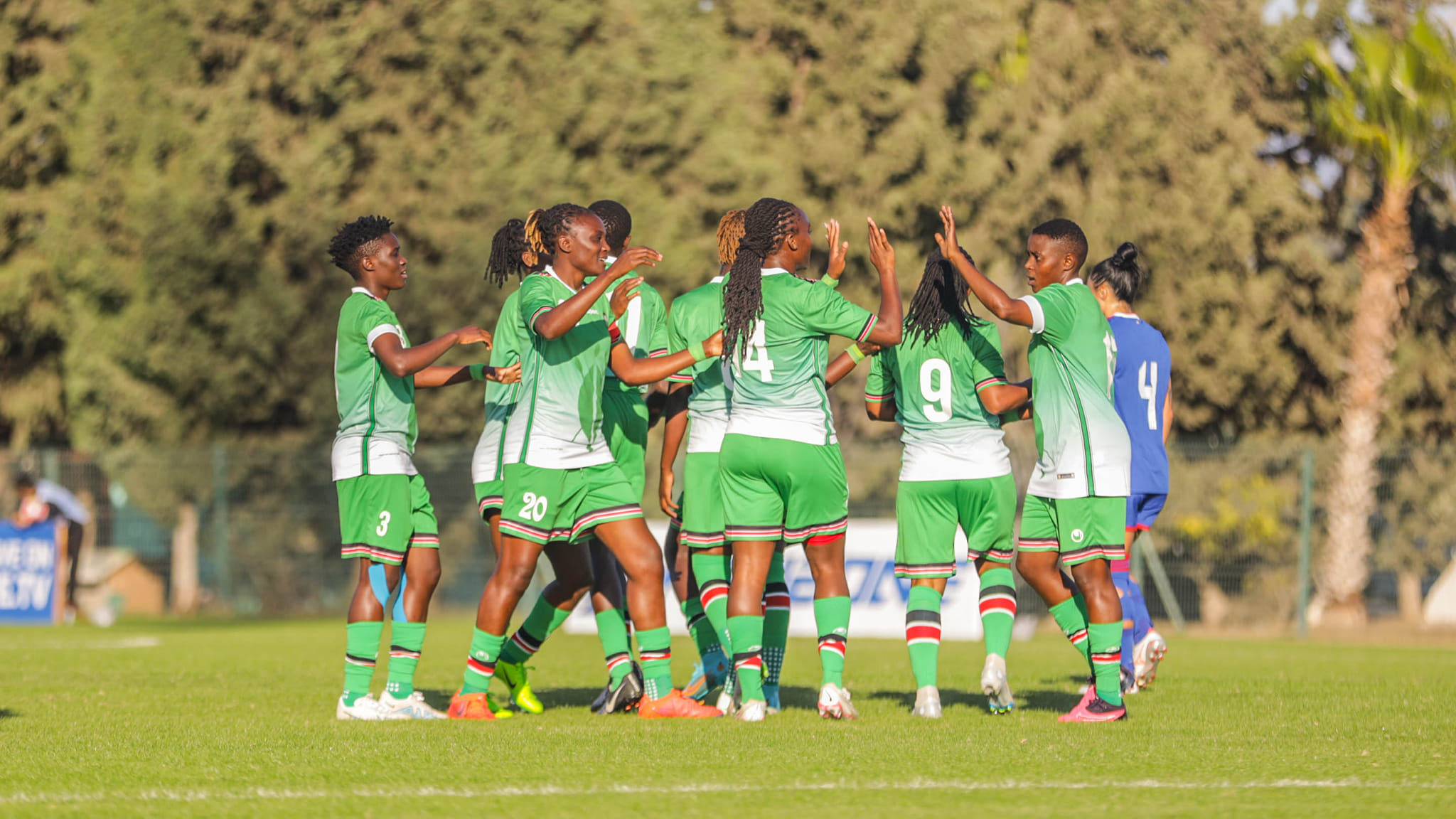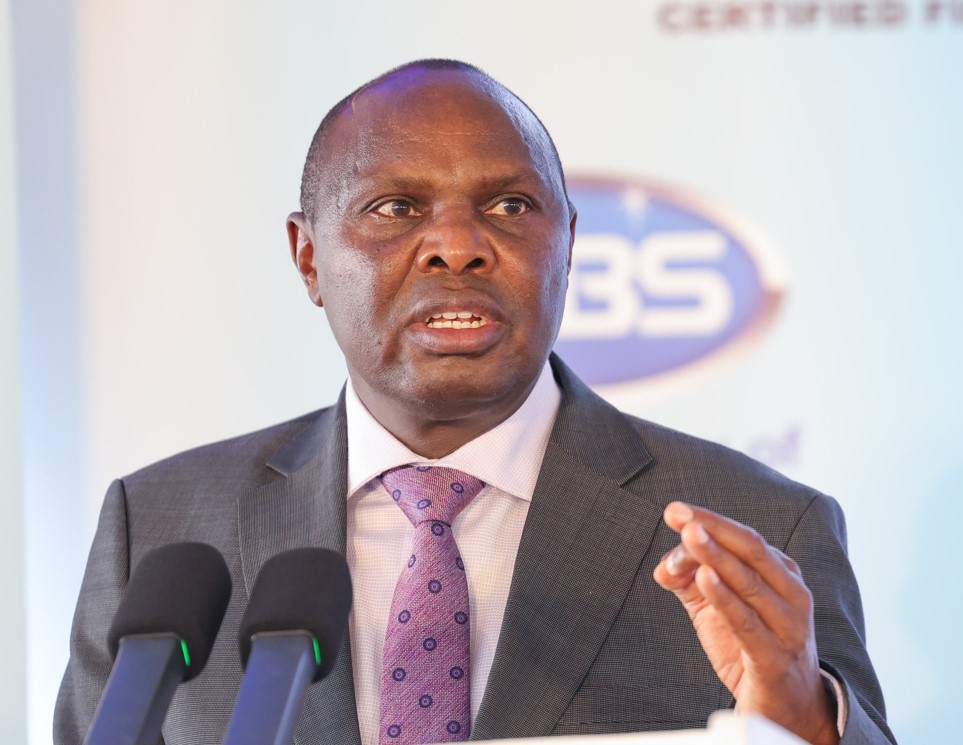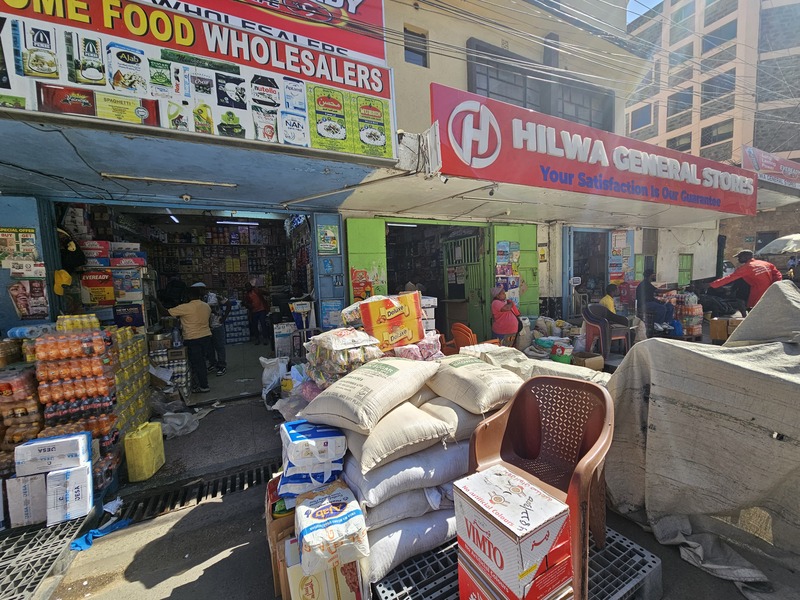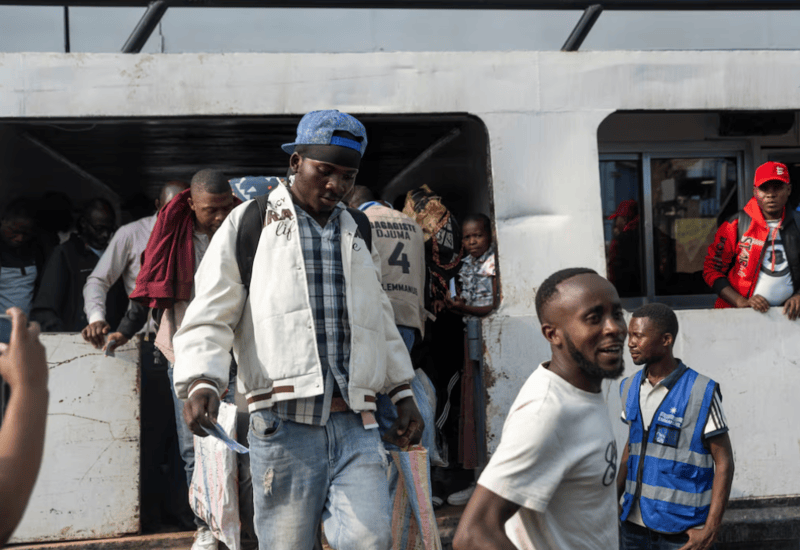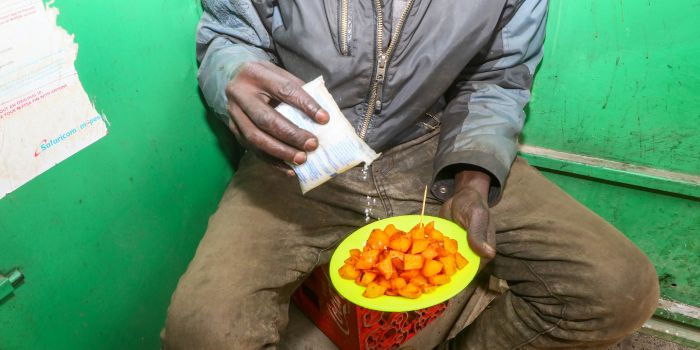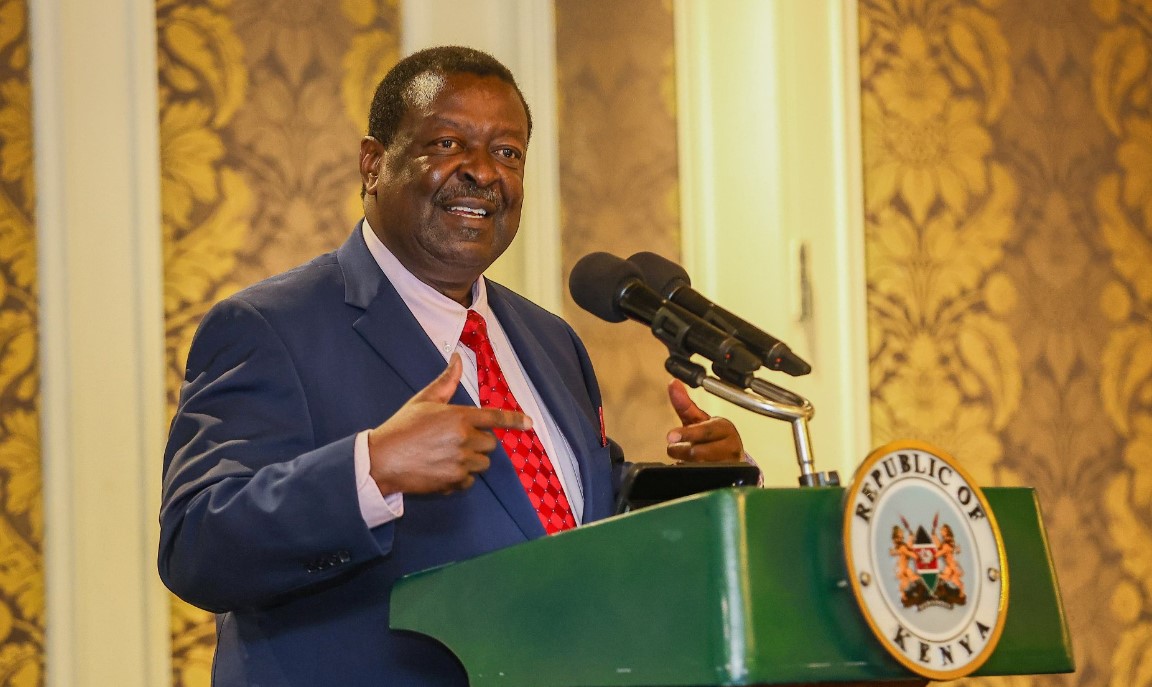Africa 'brimming with hope and possibility': Guterres
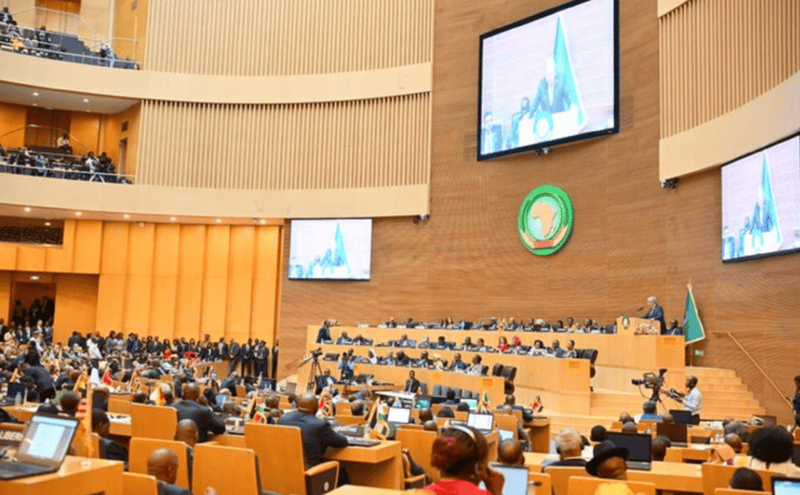
Guterres was speaking on the first day of the annual meeting of the regional organisation, held at African Union Headquarters in Addis Ababa, Ethiopia, amid conflict and tensions in several AU member states, notably Sudan and the Democratic Republic of the Congo.
The UN Secretary-General, António Guterres, emphasised the potential of Africa and its young population and called for global reforms to right the injustices of the past, in remarks delivered to the high-level African Union (AU) summit on Saturday.
“The partnership between the United Nations and the African Union has never been stronger,” said the UN chief, striking a positive tone from the outset. “Together, we see an Africa brimming with hope and possibility.”
More To Read
The Secretary-General noted the “booming, enterprising” young population of the continent and the wealth of renewable resources it offers, and expressed high hopes for the future of the African Continental Free Trade Area, which aims to reduce trade barriers between African countries.
Guterres was speaking on the first day of the annual meeting of the regional organisation, held at African Union Headquarters in Addis Ababa, Ethiopia, amid conflict and tensions in several AU member states, notably Sudan and the Democratic Republic of the Congo.
Time for reparations and reform
In a reference to the theme of this year’s summit – Justice for Africans and People of African Descent Through Reparations – Guterres acknowledged that decolonisation and independence, a major preoccupation of the UN’s work during its early years, had not solved the underlying challenges faced by Africans, many of which are a legacy of colonialism and the trans-Atlantic slave trade, two “colossal and compounded injustices.”
Many of the UN’s member states were still colonies when multilateral systems were created in the mid-twentieth Century, and the Secretary-General pointed the finger at the need for reform of his organisation, describing the lack of permanent African representation on today’s Security Council as inexcusable.
“I will keep working with the African Union and all Member States to ensure the representation Africa needs and the justice you deserve – including with two permanent members of the Security Council,” he promised.
Guterres went on to reiterate calls he has made on several occasions for reform of the international financial architecture, which is hampering the development of many African economies, beset by expensive debt repayments and high borrowing costs, which limits their capacity to invest in education, health and other essential needs.
‘Sudan is being torn apart before our eyes’
The UN chief outlined peace and security as a priority area for multilateral action, drawing particular attention to Sudan, the largest displacement and famine crisis in the world, and a country “being torn apart before our eyes.” Here, the strong links between the African Union and the UN can provide an “anchor” for a coalition to end the war, he proposed.
As he spoke, international broadcasters carried news of the latest military gains made by the M23 rebels in the Democratic Republic of the Congo (DRC). The group has reportedly entered Bukavu, DRC’s second city, facing little resistance from the Congolese army.
The offensive threatens to “push the entire region over the precipice,” warned Guterres, adding that there is no military solution to the country’s conflict and that it can only be solved by dialogue.
Meanwhile, he declared, MONUSCO, the UN peacekeeping force in DRC, will continue to provide support.
Guterres then turned to development, proposing that progress can be driven by gender equality, clean energy, food systems transformation, and digitalisation.
The Pact for the Future, a landmark international agreement adopted by the nations of the world in 2024, outlines support for reforming the international financial architecture, which currently sees African countries pay up to eight times more to borrow than developed countries and commits wealthier nations to advance a development stimulus package of $500 billion a year.
The climate crisis was characterised as both the cause of numerous disasters and an opportunity for the continent to play a leading role in the transition to a clean, low-carbon global economy.
Africa currently receives just two per cent of global renewables investment, but financial reforms could help the continent to become a “global clean energy powerhouse,” and help to redress an unjust situation, in which Africa suffers disproportionately from man-made changes to the environment caused by the actions of the developed world.
Bridging the "Digital Divide" by supporting Africa’s capacity to benefit from new technology, notably artificial intelligence, was also flagged by the Secretary-General as a key area of concern. Almost two-thirds of all Africans have no reliable internet access, and by 2035 more young Africans will enter the job market annually than the rest of the world combined. “They need the skills to thrive,” he declared.
Forthcoming UN actions to help boost access to the digital economy include a report on initiatives to help the Global South harness AI for the benefit of all, a proposal for an International Scientific Panel on AI, and a Global Dialogue on AI Governance.
Top Stories Today

